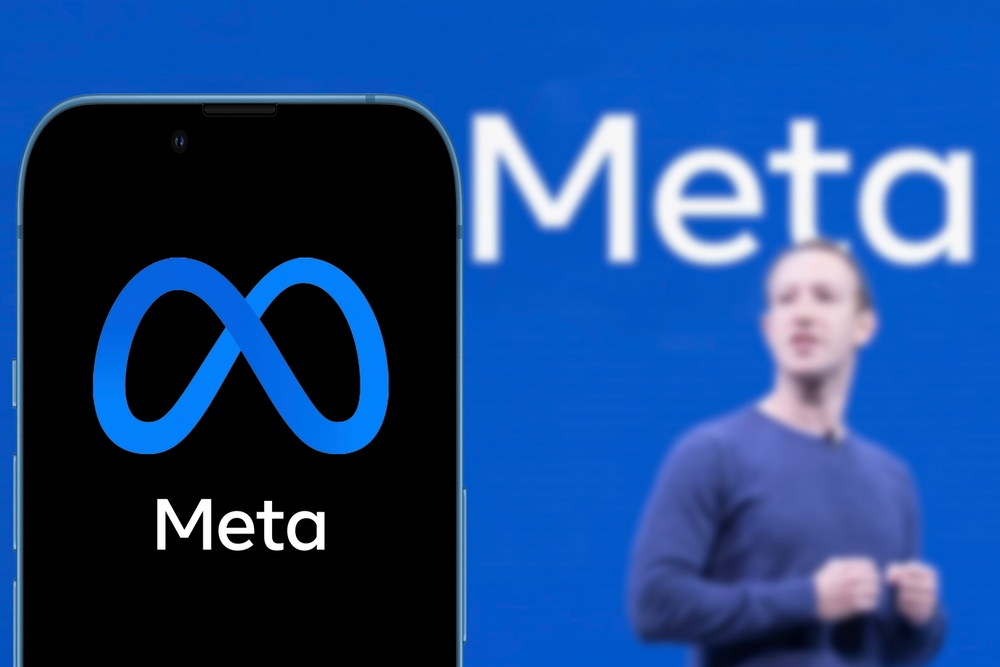Lately, Meta (formerly known as Facebook) experienced yet another blow to its already wounded wings when UK regulators blocked their 400 million dollar Giphy deal. Whether you are a fan of this corporation or not, it’s hard to deny that Mark Zuckerberg’s life work is in decline. Some even call its renaissance a flop already. Are they right? Or is it too early to determine that? It’s hard to tell. The certain thing is that anyone can pick up a lesson or two from the conduct of Meta and Zuckerberg so far.
I, Ofir Bar, am a veteran investor with over two decades of experience in worldwide markets. As an enthusiast for innovation and entrepreneurship, it has been fascinating for me to witness the chain of events that followed the evolution of Facebook from social media networking to the virtual world of the metaverse. Analyzing this farce has been even more interesting for me since this happened to one of the most powerful ‘sharks’ of the current financial world. What has gone wrong? Here are some lessons entrepreneurs can learn from the mistakes of Meta.

Photo by Shutterstock
All in?
We tend to fall in love with our ideas. For this reason, we sometimes refuse to let them go, even if evidence and the people surrounding us indicate that they are not as great as we thought. Meta isn’t the first initiative by a billionaire to experience difficulties, but others did not invest such a massive portion of their capital in it. Bill Gates, for example, introduced the world with the first tablet a decade before Steve Jobs and his iPad. Did you know that? Probably not. That’s because interest in Gates’ tablet was scarce at that time.
Lucky for Gates, his tablet initiative was far from being his only objective. For this reason, Microsoft kept on running even though the tablet failed. Zuckerberg, on the other hand, changed the name of his company, its orientation, and its goals - all in favor of his one vision - the metaverse. He invested 10 billion dollars in it.
It can’t get any more basic than this: Don’t put all your eggs in one basket. Even if you are a hundred percent sure your idea is groundbreaking, there are additional factors you have to take into account before investing such a massive portion of your capital in it. The public’s needs and feelings towards your product and brand can make a true difference in how your initiative is perceived. Betting it all may sound romantic, but we do not live in a Hollywood movie. Sooner or later, those who take extreme risks will get hit in the face by reality.

Photo by Shutterstock
Understand the atmosphere
Zuckerberg’s misunderstanding of the public’s current needs is the Achilles heel of his entrepreneurial efforts with Meta. Let’s embrace a consumer perspective on it for a minute: Meta allows you to perform everyday tasks from your home, and run your entire life from the convenience of your sofa. Sounds tempting? Not so much, if you ask me. The toughest lesson I learned from staying home while the pandemic was running wild is that there is no substitute for a face-to-face meeting with the real world, with real people. Working from home seemed to me like heaven, at first. However, after a week or so I realized I miss the background noise of people around me.
The issue with the metaverse is that it’s not looking to improve our lives, but replace them with a virtual imitation. Zuckerberg tried to find a ‘solution’ to something we don’t want to solve. A problem that doesn’t exist. Remote work is useful: We can use Zoom and work from home when it’s absolutely necessary. We can converse via social media to get some small things done. Nevertheless, afterward, we want to silence our phones, get out there, and have a beer with friends.
Marketing can’t cover up for a mediocre product
The days when the public got ecstatic about new products are long gone. We live in an era of constantly updating apps and new models of electronic devices being released faster than any of us can keep track of. We are tired of innovation and skeptical about flashy new products. Nowadays, we exist in the virtual world for a substantial portion of our day: We scroll through social media whenever we are bored or have a minute of silence. We binge yet another serial on Netflix while we are on the train. We play online games. What true improvement does the metaverse strive to bring into our lives? As it seems, Zuckerberg himself is not so sure.

Photo by Shutterstock
There’s a limit to what your product can achieve with merely good advertising, marketing, and reputation. If your product is not actually innovative and groundbreaking, don’t expect it to succeed. Remember: a flashy name and new packaging is not a replacement for a genuinely good product. Nowadays, most people cannot be fooled by these kinds of things.
Humans make mistakes
Mark Zuckerberg has made some crucial mistakes in recent years, many of which are related to Meta. It seems that ever since Facebook stormed into our lives, he has been forcefully trying (and not succeeding) to create yet another successful product. His ambition seems to be a double-edged sword.
“Zuck”’s failure with Meta can teach any entrepreneur how to conduct in a better manner: Don’t put all your eggs in one basket. Keep yourself updated on the needs of your potential customers. Make some ‘noise’ only when you really have a truly useful product. On top of all these, allow me to add yet another lesson: recognize the power embedded in admitting your mistakes.